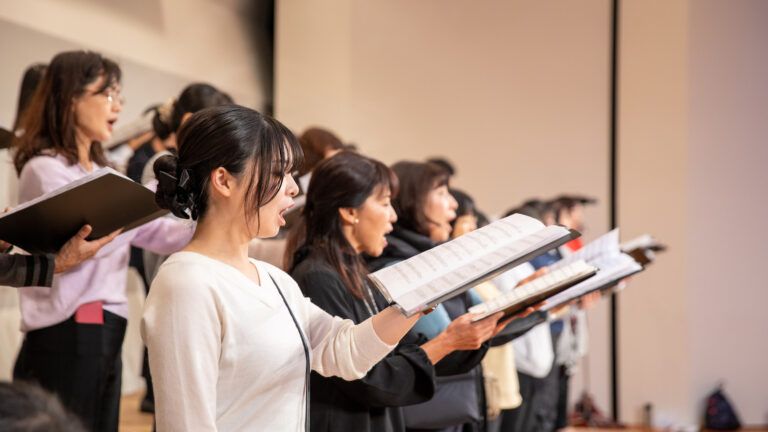Many years ago, my prayers were all spontaneous. I had a prayer list, of course, as many people do, but the prayers I uttered were all off the cuff, so to speak.
That eventually changed, and for a couple decades now, a large proportion of my prayers come from a book. The book itself changes from time to time, from The Psalms in the Bible to The Book of Common Prayer to Phyllis Tickle’s The Divine Hours to Robert Benson’s Venite and more.
When I talk to others about using a prayer book, some people wrinkle their noses. They think (and sometimes say) that prayers-you-read are rote or insincere or even “vain repetitions” (Matthew 6:7, KJV). And I suppose they are, for some people. But not for me. My prayers are richer and often more meaningful and heartfelt because I use a prayer book—not mindlessly or carelessly but with great focus and reward. Here are 7 ways I pray using a prayer book:
1) I usually stand, and often pace, with the book in my hands
Being on my feet seems to focus my mind and heart in a way that sitting (or even kneeling) does not.
2) I speak (or chant) the prayers aloud
Speaking or chanting the written prayers tends to slow me down and prevent me from rushing through or thinking of something else while I’m praying (I use a few simple Gregorian melodies, and change the melody each day; if you’re unfamiliar with using chant in prayer, there are many online resources that explain or can get you started in the practice).
3) I sometimes adapt the prayer book’s wording to me and my circumstances
I might change “thees” and “thines” of some prayers or hymns to “you” and “yours.” I may also change corporate language (“our” and “us”) to singular (“my” and “me”), as well as personalizing in other ways.
4) If a hymn appears in the prayer book and I know the melody, I may sing it—or not
For example, a vespers reading may include verses of the hymn, “Abide with Me”:
Abide with me, fast falls the eventide
The darkness deepens; Lord, with me abide.
When other helpers fail and comforts flee,
Help of the helpless, oh, abide with me.
Sometimes, singing helps my concentration and expression. At other times, however, I find it more helpful to turn the hymn into a spoken prayer.
5) I freely amplify or meditate on specific lines or words in the prayers
I love the familiar phrases of the call to prayer (“O God, come to my assistance; O Lord, make haste to help me”) or opening phrase of Compline (“May the Lord Almighty grant me and those I love a peaceful night and a perfect end”).
But I might start the call to prayer, “O God, come to my assistance; I need you, Lord. I need you now. I need you here,” etc. Or the petition from compline—“Watch, O Lord, with those who wake or watch or weep tonight, and give Your angels charge over those who sleep. Tend Your sick ones, O Lord Christ,” etc.—may become “Watch, O Lord, with those who wake (such as Kevin who is working late tonight and will be very tired on the drive home) or watch (such as Marsha at her husband’s hospital bedside) or weep tonight (especially Bill who still mourns the loss of his father.)” And so on.
6) I sometimes stop to listen, make notes or write in my journal
I keep a pen and journal nearby so that when a prayer or portion of scripture prompts a thought, I can put a bookmark in the prayer book and write away. I may also fold the book on my lap and just stand, pace or sit in God’s presence for a while. After all, the process is about the journey—and my Companion—not about reaching a destination.
My practices may not appeal to everyone, and I often change parts or all of my routine. Some days (or months, even) my prayers are still very unscripted and spontaneous. But I have found great pleasure and reward in using various prayer books, so I find it easy to imagine that others may too.





